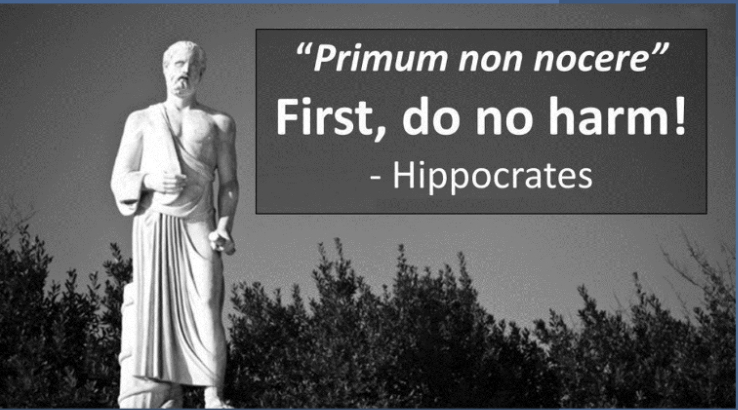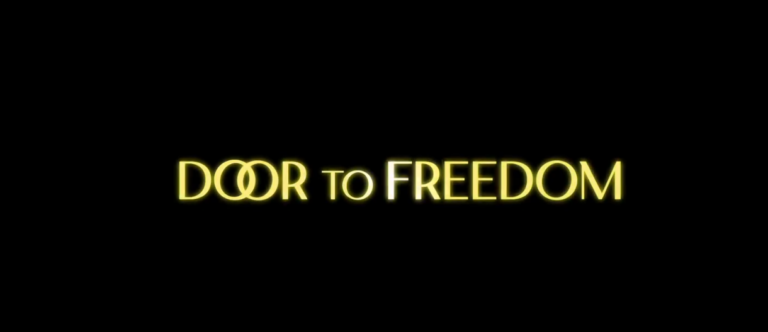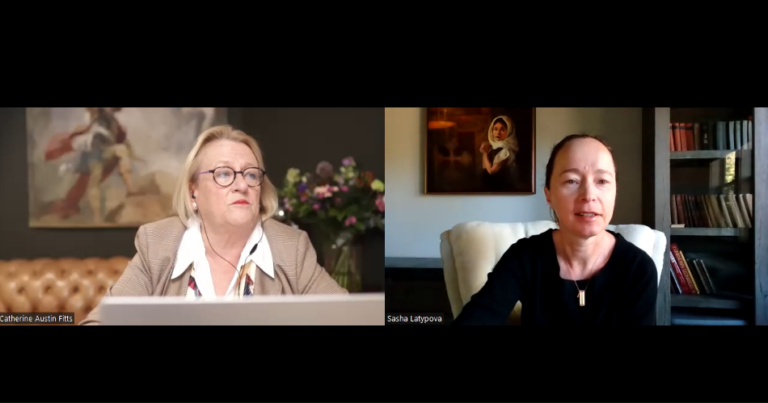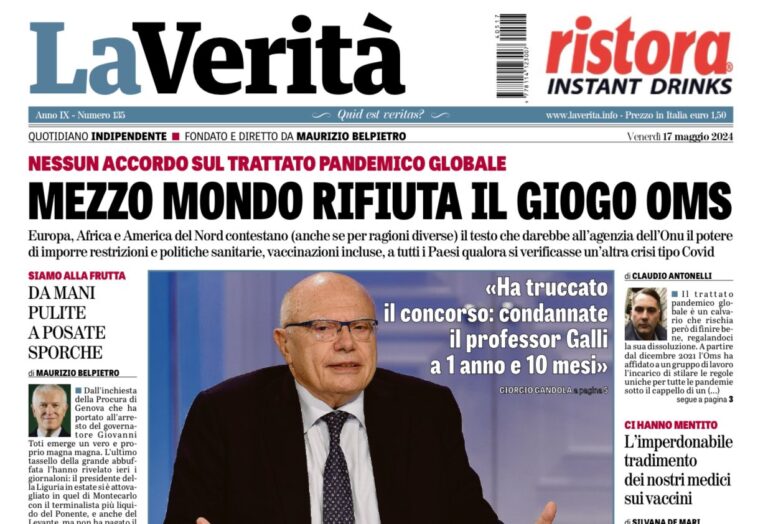We have a global crisis of medical ethics. In the last 3 years, under the excuse of the pandemic “emergency”, we have seen the destruction of the sacred doctor-patient relationship and the violation of fundamental human rights and the ethical principles of informed consent and bodily autonomy. Politicians and health officials have effectively practiced medicine on strangers through enforced Covid treatment protocols and mandated Covid testing, face masks and vaccines that were required for the public to access basic freedoms and rights — such as to work, travel and even to shop.
Medical ethics are vitally important and should be non-negotiable in a civilised society. They exist to hold doctors and medical professionals accountable for their actions and to protect vulnerable patients from sloppiness, abuse and atrocities, recognising the unavoidable power imbalance in the doctor-patient relationship.
When doctors are considering any medical intervention for an individual, it must be proportionate, necessary, and given under strict ethical principles. The Hippocratic Oath, upheld by doctors around the world for over two millennia, states “First, do no harm.” All medical interventions have the potential to cause harm, so doctors must ensure they obtain voluntary and fully informed consent, following a discussion of the risks and benefits and alternative treatment options. Healthcare professionals are expected to maintain confidentiality and respect the value and dignity of each person, acting as their patient’s advocate.
Arguably, the time when it is most important to hold firm to ethical principles is in an emergency, as this is the time when abuse of patient rights is most likely to occur. Yet, over the last three years, under emergency edicts around the world, we have seen fundamental, long-standing ethical principles and hard red lines abandoned and violated. There have been so many ethical violations that it is hard to know where to begin.
Covid policies restricting and banning visitors for hospital patients led to countless people being cruelly deprived of support from their family and friends during times of suffering, and even being forced to die alone. These policies were disproportionate, unethical and barbaric.
Enforcing the wearing of face masks (which have known physical and psychological harms and questionable benefits) and Covid testing for staff, patients and visitors violates the principle of informed consent.
The way in which the Covid vaccine rollout failed to adhere to normal ethical practices including informed consent, and the widespread use of glib but untrue marketing, coercion and even bribery were shocking.
Unbelievably, we have seen Covid vaccines – a completely new technology with no long-term safety data on health, fertility or cancers – rolled out not just to those at most risk from Covid, but to those at little or no risk, including children and pregnant women. This goes against common sense and well-established ethical practice.
It was unprecedented that a pharmaceutical product still in the clinical trial phase, with known significant harms, was administered to hundreds of millions of children and pregnant women. That this was done without full disclosure of the known and unknown risks, and with aggressive marketing and mandates, made voluntary, informed consent impossible, and was reckless in the extreme.
Doctors have been prevented from acting in their patient’s best interest. For example, they were blocked from issuing medical exemptions for patients who did not want to have Covid vaccines, and denied access to generic, well-established medications such as Ivermectin and hydroxychloroquine to treat Covid, under threat of losing their careers and livelihoods. Instead, they were forced to practice a “one-size-fits-all” version of medicine – blindly following protocols and mandates set by distant bureaucrats with no knowledge of, or duty of care to, individual patients.
This “one-size-fits-all” approach is a dangerous and unethical way to practise medicine. At the heart of the practice of safe and ethical medicine is the doctor-patient relationship, where the patient’s unique medical history, his or her risk-profile and individual desires should be the physician’s paramount concern.
If doctors cannot uphold their oath to “First, do no harm” and are mandated to follow top-down “one-size-fits-all” policies and protocols, they become mere agents of the state, while patients are dehumanised, and atrocities will inevitably follow. It is urgent that the erosion of medical ethics we have witnessed over the last 3 years is halted and reversed. It is time for medical professionals to reclaim their profession and ethical values and for patients to demand ethical care from their doctors and nurses.








